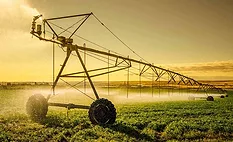
Food Defense
Food defense is concerned with the safeguarding of the food infrastructure and supply chain from acts of intentional adulteration or tampering, as well as the security of food businesses.
Articles
More ArticlesPodcasts
More PodcastsNever miss the latest news and trends driving the food safety industry
Newsletters | Website | eMagazine
JOIN TODAY!Copyright ©2026. All Rights Reserved BNP Media.
Design, CMS, Hosting & Web Development :: ePublishing



